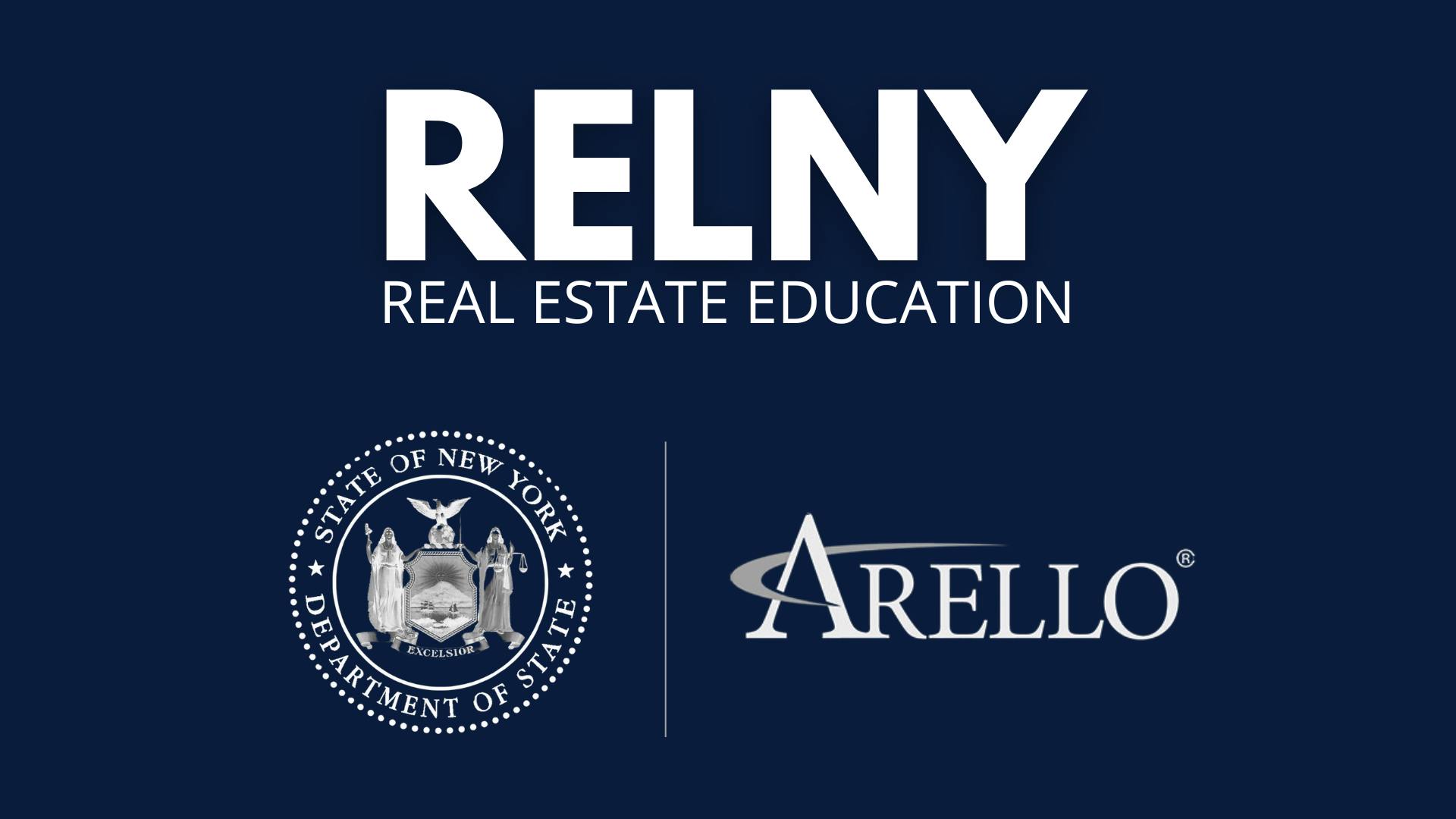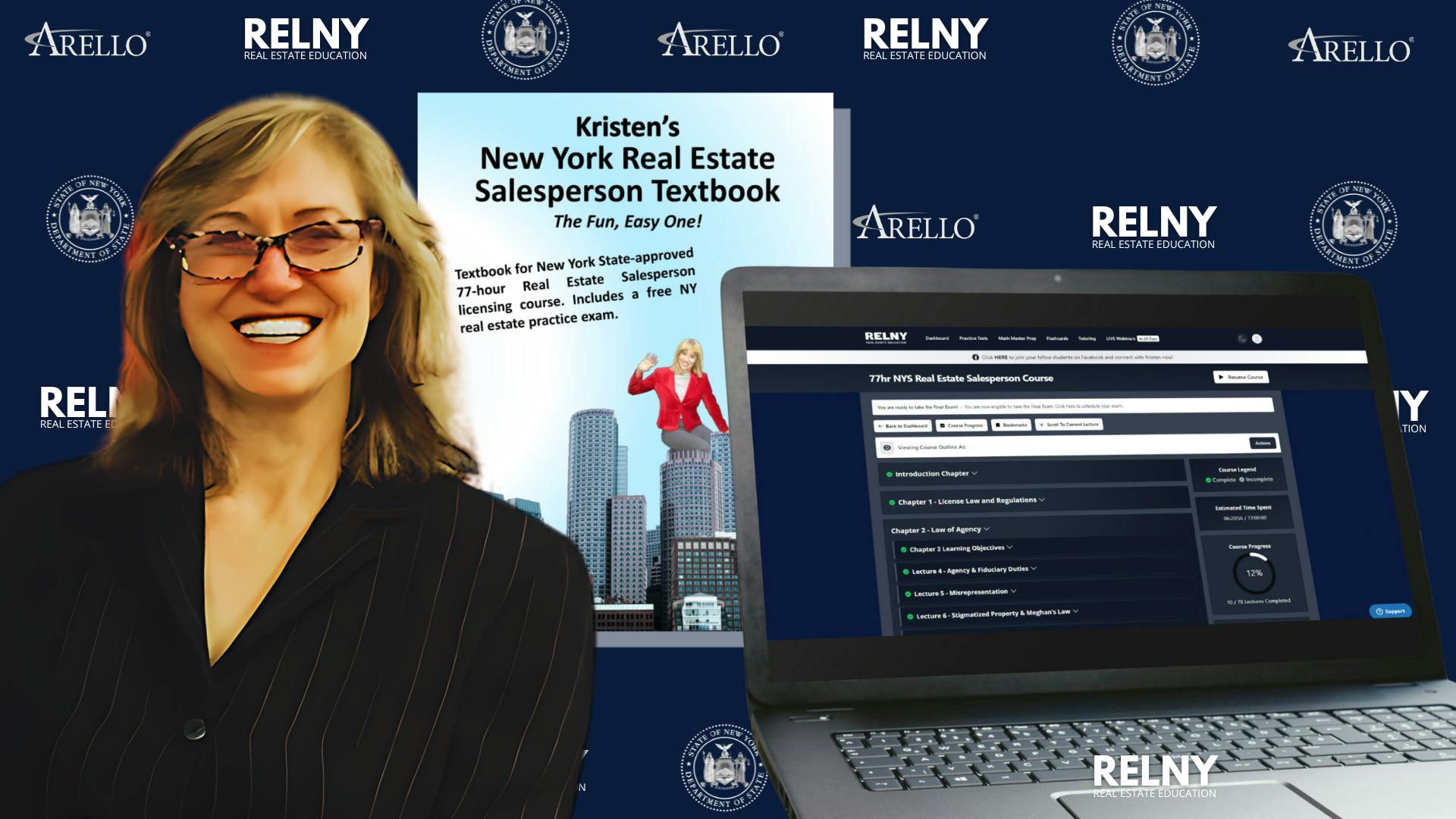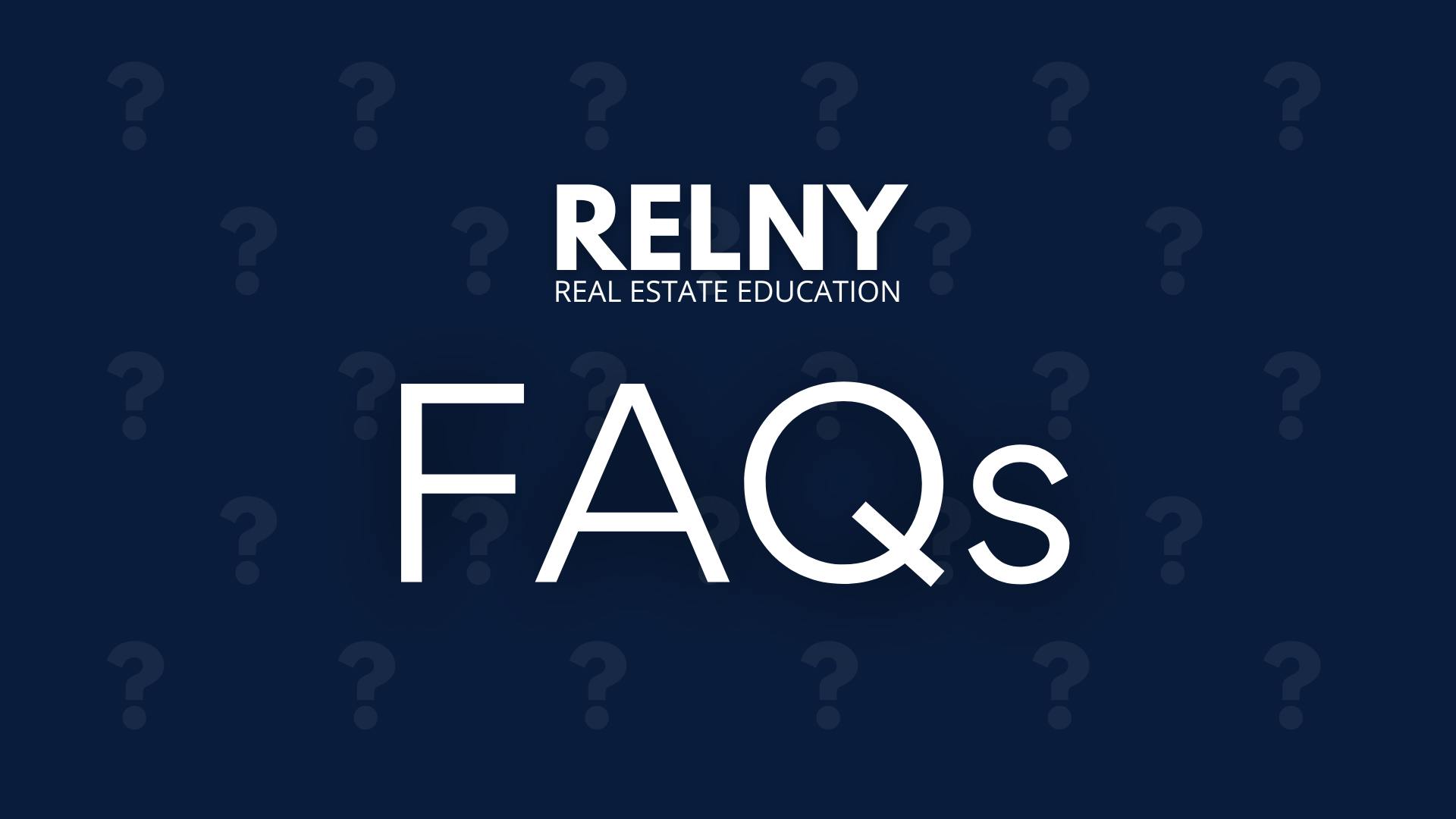Understanding Surety: A Key Concept for the Real Estate Licensing Exam
Learn About Surety Agreements for the NYS DOS Real Estate Licensing Examination

-
Course Certified & Accredited by NYS DOS & ARELLO®
-
77 Hour NYS Real Estate Salesperson Licensing Course
-
Live Office Hours with Kristen
-
Take Final Exam at Home
-
Kristen's 1:1 Private Tutoring
-
Subtitles/Transcripts for all languages offered by NYS DOS
-
Call/Text (877) 997-3569
Understanding Surety: A Key Concept for the Real Estate Licensing Exam
If you're preparing for the New York Real Estate Salesperson Licensing Exam, one of the essential terms you'll need to understand is "Surety." As you dive into your studies, mastering this concept will not only help you pass your exam but also equip you with valuable knowledge for your future real estate career. In this post, we break down the concept of surety, explain its importance in real estate transactions, and provide practical examples to help you grasp this critical topic.
What Is Surety?
Surety, in the context of real estate, refers to a contractual agreement where one party (the surety) guarantees the performance or obligations of another party (the principal) to a third party (the obligee). This agreement provides the obligee with financial protection in case the principal fails to fulfill their obligations.
In simpler terms, a surety is like a financial safety net. It ensures that if the principal, such as a contractor or developer, does not meet their contractual obligations, the surety will step in to cover the costs or complete the work. This concept is often seen in construction contracts, lease agreements, and other real estate transactions where significant financial stakes are involved.
The Three Parties Involved in a Surety Agreement
To better understand surety, it's crucial to know the roles of the three parties involved:
- Principal
The party who is obligated to perform a duty or fulfill a contract. In real estate, this could be a contractor, developer, or tenant.
- Obligee
The party who receives the benefit of the surety agreement. This is often the property owner, landlord, or another party with an interest in ensuring that the principal fulfills their obligations.
- Surety
The third party, usually a surety company or insurance provider, that guarantees the performance of the principal. If the principal fails to meet their obligations, the surety steps in to make things right.
Types of Surety Bonds in Real Estate
In real estate, surety bonds are commonly used to protect the interests of parties involved in transactions. Here are some common types of surety bonds you may encounter:
- Performance Bond
Ensures that the principal will complete a project according to the terms of the contract. If the principal fails, the surety covers the costs to complete the project.
- Payment Bond
Guarantees that the principal will pay subcontractors, suppliers, and laborers. This protects the obligee from liens or claims against the property due to non-payment.
- Lease Bond
Ensures that a tenant will comply with the terms of a lease agreement, including paying rent and maintaining the property.
- Subdivision Bond
Required by local governments from developers, this bond ensures that infrastructure improvements like roads and sidewalks will be completed according to agreed-upon plans.
Why Surety is Important in Real Estate
Surety plays a crucial role in mitigating risk in real estate transactions. By providing a financial guarantee, surety bonds protect parties from potential losses due to non-performance, non-payment, or failure to meet contractual obligations. This security is particularly important in high-stakes real estate projects where large sums of money are involved, and the risk of default could have significant financial repercussions.
For example, in a construction project, a surety bond ensures that the contractor will complete the work as specified in the contract. If the contractor fails to do so, the property owner can file a claim against the bond, and the surety company will either pay for the completion of the project or find another contractor to finish the job. This protection is invaluable in maintaining the financial stability and integrity of real estate transactions.
Surety and the Real Estate Licensing Exam
Understanding surety is not only essential for real-world real estate transactions but also a critical component of the New York Real Estate Salesperson Licensing Exam. The exam may test your knowledge of surety bonds, their purposes, and the roles of the parties involved. You might encounter questions that ask you to identify the type of surety bond required in a given scenario or explain the function of surety in a lease agreement.
To prepare for these questions, it's important to study the definitions, functions, and applications of surety in real estate. Consider reviewing real-life examples and case studies that illustrate how surety bonds are used in various transactions. This practical understanding will help you confidently answer exam questions and apply your knowledge in your future career.
Practical Example: Surety in Action
Let's consider a practical example to illustrate the concept of surety in a real estate transaction:
Imagine a developer is contracted to build a new apartment complex. The property owner (obligee) wants to ensure that the project is completed on time and according to the agreed-upon specifications. To protect their investment, the owner requires the developer (principal) to obtain a performance bond from a surety company.
During construction, the developer encounters financial difficulties and cannot complete the project. In this case, the surety company steps in to fulfill the developer's obligations, either by financing the completion of the project or hiring a new contractor to finish the work. The property owner is protected from financial loss, and the project is completed as planned.
This example highlights how surety provides a safety net in real estate transactions, ensuring that contractual obligations are met and protecting all parties involved.
Get Your Real Estate License with RELNY
Surety is a fundamental concept that every aspiring real estate professional must understand. Whether you're preparing for the New York Real Estate Salesperson Licensing Exam or entering the real estate industry, a solid grasp of surety will serve you well in your career. By providing financial protection and mitigating risks, surety bonds are essential tools in ensuring the success and stability of real estate transactions.
At RELNY, we emphasize the importance of mastering such concepts to help our students excel in their exams and careers. Our comprehensive real estate licensing courses cover surety and other critical topics, equipping you with the knowledge and skills you need to succeed. If you're ready to take the next step in your real estate journey, explore our courses and start your path to success with RELNY today.

Complete List of RELNY Real Estate Accreditations
RELNY is proud to be fully accredited by both the New York State Department of State (NYS DOS) and the Association of Real Estate License Law Officials (ARELLO®). This accreditation is more than just a formal recognition; it serves as a testament to the high standards of education and training we provide in the real estate sector.
RELNY's Unparalleled Learning Advantage
Kristen Bacorn's Online Real Estate Courses are Produced Exclusively for RELNY. As New York’s #1 Real Estate Instructor, Kristen’s engaging teaching style and comprehensive curriculum make RELNY the ideal choice for anyone looking to excel in real estate.
Unlock Success with RELNY: Purpose-Built Course Software
In the fast-paced world of real estate education, having the right tools can make all the difference between merely passing an exam and truly excelling in your career. RELNY’s purpose-built course software offers a suite of features designed to elevate the learning experience, making it easier, more engaging, and highly effective for students.
Meet RELNY's Kristen Bacorn, New York's #1 Real Estate Instructor
• NYS Department of State & ARELLO® Certified
• Masters, Harvard University
• Commercial & Residential Real Estate Broker
• Educator at RELNY, SUNY, CUNY, NAR, AIA
• Addressed the United Nations 2X
• Interviewed by Wall St. Journal & New York Times
RELNY FAQs
At RELNY, we understand that embarking on a career in real estate is a significant step, and choosing the right educational path is crucial. As the premier New York real estate school, we are dedicated to providing our students with the highest quality education and support. This FAQ page is designed to address some of the most common questions prospective and current students have about our courses and exam prep.
RELNY Job Placement Solutions: Your Bridge to Success
At RELNY, we are committed to more than just providing a top-tier real estate education—we're dedicated to ensuring our students thrive in their careers post-graduation. Our comprehensive Job Placement Solutions & Services are designed to support you every step of the way as you transition from being a student to a successful real estate professional.
Become a Licensed Real Estate Agent with RELNY Instructor Kristen Bacorn
Learn how to become a New York real estate agent from Kristen Bacorn - the #1 Real Estate Instructor in New York. Our accredited New York real estate licensing course can be completed in 1 week and can be taken online from the comfort of your home, or from your mobile phone.







